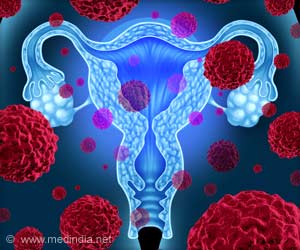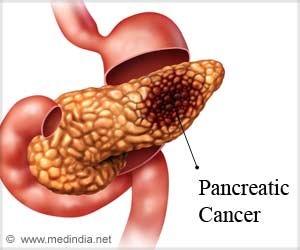The decade long battle against breast cancer cases in American women appears to have finally reached a plateau.
The decade long battle against breast cancer cases in American women appears to have finally reached a plateau, probably indicating that a turning point may have reached in the nation against the feared malignancy.
According to the latest federal data it was found that after a steep rise since the 1980s, the breast cancer rate stopped rising in 2001 and may have started to fall in 2003, according to the latest federal data. As to how long this trend will last, may still take a few more years to determine.Brenda K. Edwards of the National Cancer Institute, who led a team that reported the change in an annual report on cancer released today., said, ‘I think we're finally beginning to see a change -- that it's leveling off -- and we may even be seeing the start of a decline. We have to be cautious. But I think it's real."
While the new report did not examine why breast cancer incidence would have leveled Edwards and others propose that it could be the result of a combination of factor including the increased use of mammography appears, stabilization of the number of women delaying childbearing and decline in the use of hormones after menopause.
Ahmedin Jemal of the American Cancer Society, who helped prepare the analysis of data collected by cancer registries around the country said, "These are just some hypotheses. There may be other factors we don't know about. Breast cancer is influenced by many factors. It's very complex." The new numbers mark the first sign that the rate of women getting breast cancer may have stopped increasing besides the lowered death rate from breast cancer because of earlier diagnosis and improved treatment,
This downward trend would mark a milestone with major public health implications because nearly 213,000 women find out they have breast cancer and nearly 41,000 die of the disease each year, making it the most common cancer in women and the second-leading cancer killer after lung cancer.
Edwards said, "The fact that it's the most frequently diagnosed cancer in women means small changes in statistics have a substantial impact on a large number of women. Even a small decrease or change would represent a fair number of women."
Advertisement
The report has met with mixed reactions. Some have expressed doubt about the numbers, saying cancer reporting is highly unreliable.
Advertisement
Carolina Hinestrosa of the National Breast Cancer Coalition said, ‘It's too soon to know whether we're turning the tide. It appears to be leveling off, but to confirm that you need another data point."
While more data will be needed to confirm whether this will continue, Edwards said she is confident that at the least the incidence has hit a plateau.
"It does take several data points to see a pattern," Edwards said. "But the news for us is breast cancer incidence, which we've been seeing increase for so many years, that increase has stopped."
"It is plausible the number of women who went off hormone- replacement therapy could have impacted the number of breast cancers that are being reported," Edwards said. Several experts said the leveling off was consistent with other trends.
"The fact that the incidence has leveled off is good, because it shows that our screening is being effectively used and that there are no ongoing factors in the environment increasing the incidence," said breast cancer researcher and author Susan Love of the University of California at Los Angeles. "We could be at a turning point."
Source-Medindia
NLA










